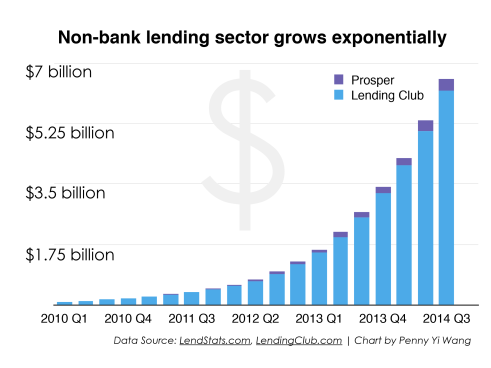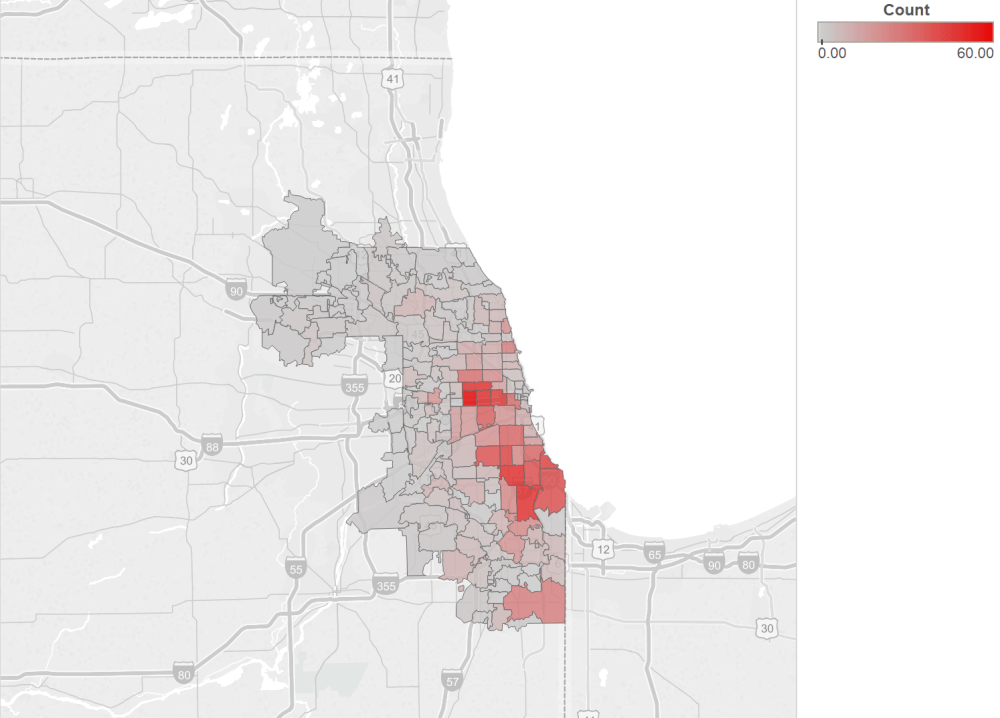AP has been experimenting with virtual reality 360-degree videos as a new medium for storytelling. Here are some stories I edited together with Autopano stitching softwares and Mettle premiere plugins-
AP Bangkok summer internship
Qadr | Destiny
by penny w & amna a
Los Angeles New Wave International Film Festival, Spring 2014
Honorable Mention, Best Cinematography, Best Editing under Short Documentary category
Read more "Qadr | Destiny"Thangka Memories
Lhasa, an old and mysterious city and the capital of Tibet, is one of the most popular tourist destinations in recent years.
Tibet has a total population of three million residents. However, one can easily observe on the street that Tibetans have become minority in their own city due to the presence of Chinese merchants and tourists.
With the growing number of Chinese merchants in the region, consumer culture of today is encroaching on the legacy of the ancient history and unique religious practice of Tibet.
One of the most poignant expression of spirituality is art. Tibet’s proudest religious art form is Thangka, paintings of the Buddha on canvas. Thangka is going through rather aggressive changes as the market landscape is centering on the influx of tourists. But there are still Tibetan artists who try to resist the encroachment and struggle to hold on to their tradition.
Read more "Thangka Memories"What we do at SJNN
Uncovering injustice through in-depth, community focused reporting. The Social Justice News Nexus explores issues of crucial impact in our communities through innovative reporting, critical reflection and building connections between student reporters and professional journalists. This promo video encapsulates what we have produced in the 2014-15 cycle.
Read more "What we do at SJNN"From the Clinics to the Jail: The Mental Health Care Crisis in Chicago
Story by Penny Yi Wang and Rachel White for Social Justice News Nexus blog
Three years ago, Chicago closed half its public mental health clinics, a crucial source of care for low-income people, Blacks and Latinos. With a lack of other options, the Cook County Jail is known as the region’s biggest mental health care provider. Thousands of people with mental illness are housed there, often because of crimes of survival related to their illness. Jail officials and advocates struggle to address the problem.
Mentally ill behind bars
This heat map shows a snapshot of home addresses, by ZIP code, of Cook County Jail detainees who self-identified as living with mental illness on Jan. 29, 2015. The map is created in collaboration with Christine Watcher from the Chicago Reporter and published on the Reporter.
Notes: The darker the color red on the map, the higher the number of detainees who reported having a mental illness. Some ZIP codes on the edges of Cook County spill into adjacent counties.
Source: Cook County Sheriff’s Office
Read more "Mentally ill behind bars"Chicago public mental Health clinics by the numbers
In 2012 the Chicago Department of Public Health closed six of its 12 public mental health clinics, generating massive outcry and the occupation of one clinic. The public clinics have continued to be a prominent issue, including in the 2015 mayoral race.
Client Loads and Staffing levels at Chicago’s Public Mental Health Clinics (January 2011 and present).
Click each point for more information. Regarding staffing, CT refers to Clinical Therapist and AA refers to Administrative Assistant. Map is based on data obtained through Freedom of Information Act requests by the Social Justice News Nexus (SJNN) at the Medill School of Journalism at Northwestern University.
More on this map, please visit SJNN blog. Map by Penny Yi Wang. Text by Kari Lydersen. Also published April 27, 2015 on Chicago Reporter.
Read more "Chicago public mental Health clinics by the numbers"Mental health advocates march to demand rights
Mental health advocates marched in the Chicago winter chill on Feb 5th. The organizing team is part of the Mental Health Movement, which works with both mental health service providers and customers to lobby and improve the state of mental health services in Chicago.
Almost three years ago, the city closed six public mental health clinics. The march, which took place while the last mayoral debate was going on at ABC 7 studio downtown, aimed to educate candidates about the value of public mental health clinics to low income and minority communities.
Advocates also proposed their vision for Chicago’s public mental health services in the next years. They urged the city council to open or reopen two clinics each year for four years to establish a safety net for the mentally ill across the city.
“It would only cost each taxpayer 25 cents a month to keep the clinics open,” said N’Dana Carter, an activist with the Movement. “It is affordable and desperately needed service.”
In addition, members of the march demanded greater educational effort from the Public Health Department to let people know that there are accessible resources in their communities when they are feeling depressed or anxious.
[A version of this blog post is on Social Justice News Nexus; More photos on flickr]
Read more "Mental health advocates march to demand rights"Peer-to-peer lending sees exponential growth
By Penny Yi Wang for Medill News Service
In the past few years, consumers disillusioned with tight-fisted banks have jumped on the peer-to-peer lending bandwagon.
When the Great Recession hit, banks suffered big losses as borrowers defaulted on loans they had taken out during the economy’s long upturn. In response, lenders have drastically tightened their lending requirements. As a result, many borrowers with anything less than stellar credit now can’t qualify for traditional bank loans.
But non-wealthy Americans still need loans from time to time. And as bankers have turned stingy, borrowers have increasingly turned to alternative online lending platforms, such as Lending Club and Prosper Marketplace.

Most spoken non-English language in Chicago

This is an infographic that shows the most popular non-English language each Chicago neighborhood.
Data: Chicago City Data Portal. Base map: Google Maps Engine
Caterpillar tries to dig out as global challenges pile up
By Penny Yi Wang for Medill News Service Manufacturing giant Caterpillar Inc. is trying to dig out as headwinds from slowing global markets and falling oil prices pile up. The company is forecasting flat sales for the coming year. Shares of the Peoria-based company have been under pressure since mid-July when key overseas markets reported slower […]
Read more "Caterpillar tries to dig out as global challenges pile up"
